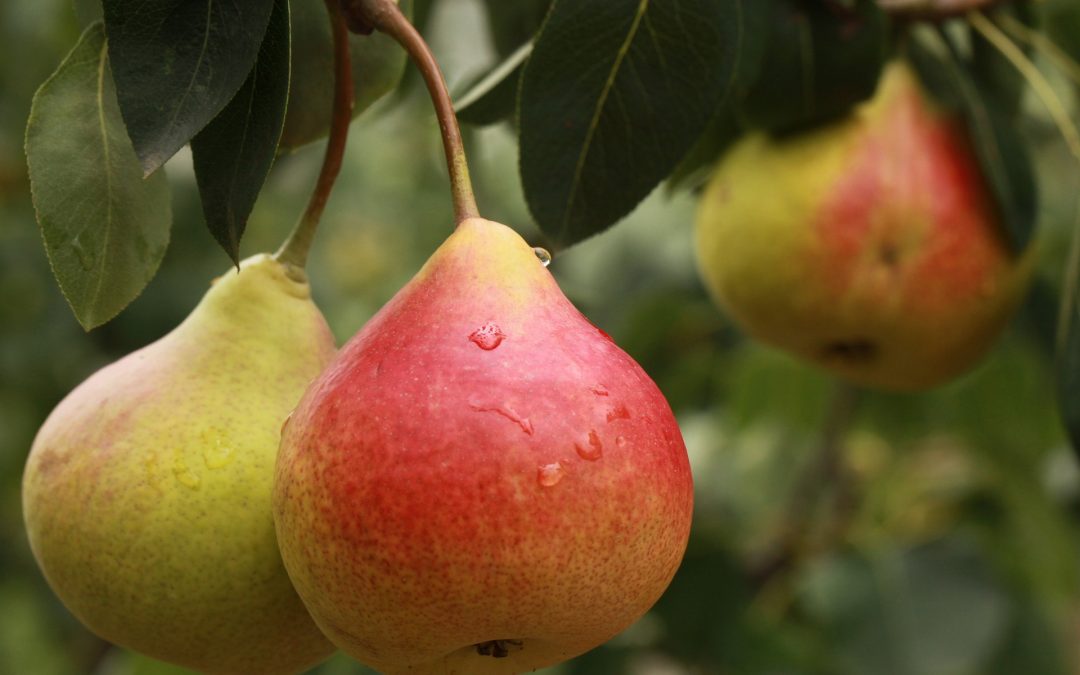By Rae Lynn DeAngelis
I reached into my refrigerator and pulled out one of my favorite early autumn treats—a pear.
Just a few days prior, I had purchased the bag of the perfectly ripened delights. The pears were without blemish when I placed them into my refrigerator; but now, just days later, each piece of fruit bore what appeared to be war wounds. Small cuts and bruises dotted the fruit’s casing.
The pears had not been through any great conflict; yet here they were, appearing as if they’d been through some dreadful battle.
Why?
I’m not a produce expert, but apparently pears have extremely tender exteriors and bruise easily.
“A gentle answer turns away wrath, but a harsh word stirs up anger” (Proverbs 15:1).
Each person is unique, and like a piece of fruit, our unique differences add variety, color, and flavor to the world. Some people don a tough exterior, while other’s facade is more fragile and delicate. For example, some people can shake off hurtful words or comments easily, while others carry around a cloud of gloom like Eeyore and experience a great amount of distress. One person’s manner is not better than the other—just different.
“Whoever derides their neighbor has no sense, but the one who has understanding holds their tongue” (Proverbs 11:12).
Many times we struggle to understand another’s actions because we forget to factor into the equation the manner of our unique differences. What bothers or frustrates me, may seem trivial to you. What exasperates you, may be insignificant to me. Depending on our unique make up, we might react to situations differently.
If we could just remember to take into consideration one another’s distinct variances when dealing with those around us, we might see less battle scars surfacing on our relationships later on.
“Be completely humble and gentle; be patient, bearing with one another in love” (Ephesians 4:2).
“Therefore, as God’s chosen people, holy and dearly loved, clothe yourselves with compassion, kindness, humility, gentleness and patience” (Colossians 3:12).








